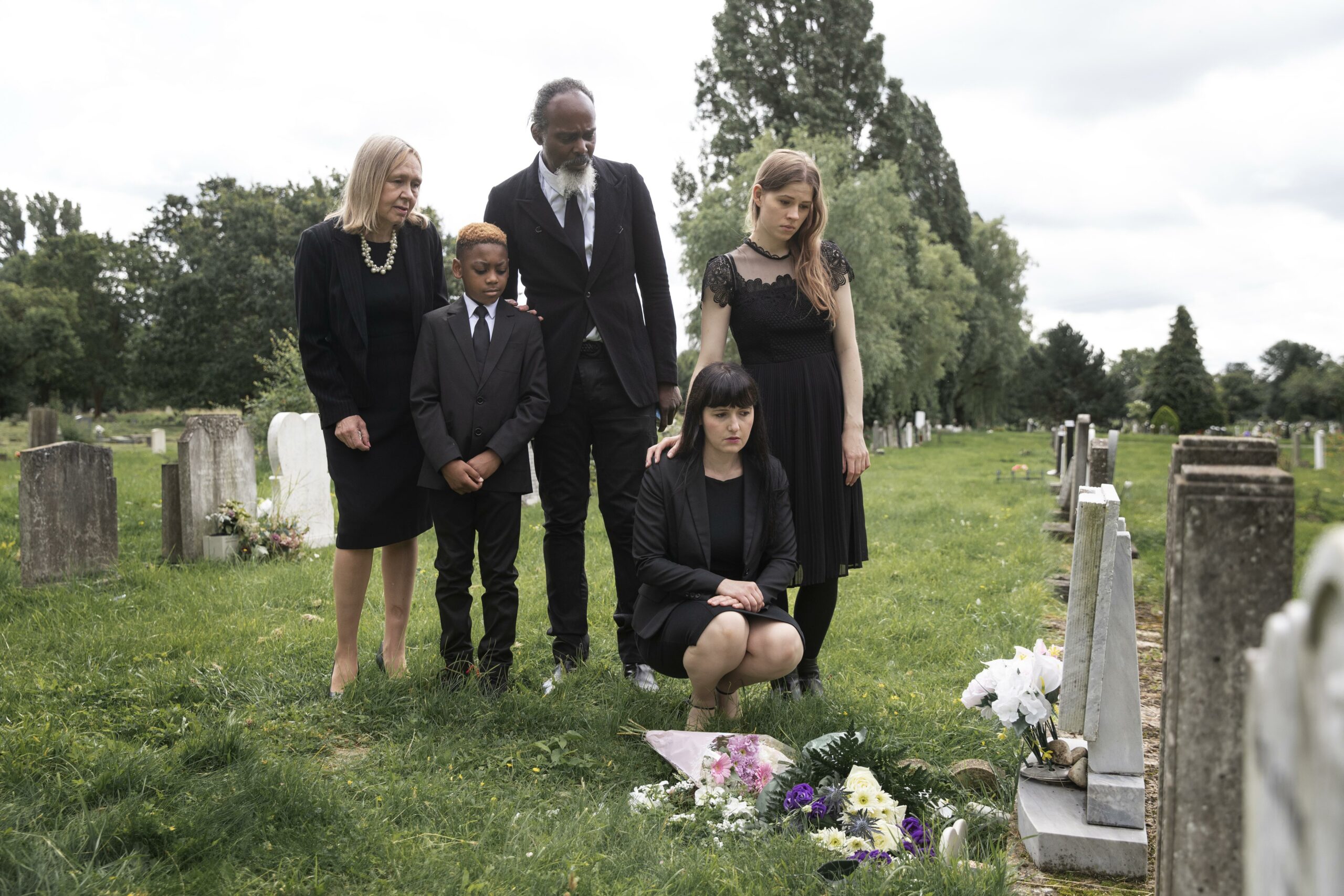This is a short video explaining the options that a single person may have and gifts to their brothers and sisters

This is a short video explaining the options that a single person may have and gifts to their brothers and sisters

This is a short video where explaining that your residuary beneficiaries are the ones that effectively look after your funeral account

This is just a short video explaining that there are rules in place that look after the payment of your funeral bill

An area of concern that often arises for clients is whether or not they will have funds to pay for their funeral. Alternatively what also happens on occasion is that a client will have earmarked a specific account for payment of funeral costs and will ensure that that account remains in credit to pay for a funeral. However, there is no real need to take these steps.
This is because the law has been set up to cater for this and to ensure funeral expenses are paid. There is a rule that states that whatever monies are in your bank account and not specifically gifted to any one person are to be used to pay for your funeral. So, at times you will have a balance of money and a clause in your will that states “Whatever is in the balance of my estate, I give to my children in equal shares”. We often call this the residue clause. The rule is that whatever is in your residue is used first to pay expenses. So this will include funeral expenses. So your funeral expenses will be effectively paid by those beneficiaries who are getting the balance of the estate or the balance of the pot. We call these residuary beneficiaries.
You can always amend this in your will and make different provision from what the law implies. For example if you want your funeral expenses to be paid from a specific account or by a specific person, you can always say that in your will.
On balance you don’t have to worry about not having monies in a specific account in your will. This will be catered for in the round. However if you want something specific about your expenses then mention this to your solicitor.
I hope this helps and if you have any will drafting queries please reach out to info@kerrywills.ie

Generally a will, will make reference to Executors. It is not obligatory to have executors in a will and a will is valid even if no executors are appointed. Executors are the persons that manage the affairs of the deceased after the deceased has passed. The are the persons charged with administration of the estate and their role is to collate the assets of the estate and in turn distribute the assets of the estate to those entitled under the will or under the provisions of law (called the rules on intestacy).
A person does not need a specific qualification to be an executor and a person making a will can appoint anyone as their executor. However there are some tips in considering who to appoint.
I hope this helps and if you have any queries about the appointment of executors, please reach out to me a info@kerrywills.ie. Colm Kelly

When a person dies, sometimes you hear references to the phrase “estate”. The term estate is a concept rather than a term. It is the concept of the person. Put another way, if you refer to your friend John as a person while they are alive, we refer to them as the “estate” when they have died. So, during a persons lifetime, they can buy and sell and house, or enter into a contract. While alive it is the person that is doing that. The same concept applies after life, though in that case it is the estate which is that person. When someone is alive, it is that person that owns the assets. After they have died, the estate owns the assets. The estate will continue until such a time as all the assets of the estate have been passed over to beneficiaries. The estate acts through a person known as an executor or personal representative. So the personal representative is the living breathing embodiment of the estate. It is the “arms and legs, eyes and ears” of the estate. However, when a personal representative signs a form on behalf of the estate, it is not the personal representative doing it in their own right, but on behalf of an under the name of the estate.
Hope this helps and please contact me, Colm Kelly, solicitor, founder of Kerrywills.ie if you need help with a will, or managing the affairs of a loved one after they have died. info@kerrywills.ie

Hiring a criminal defense lawyer has multiple benefits and provides you the opportunity to the best possible outcome for your trial.